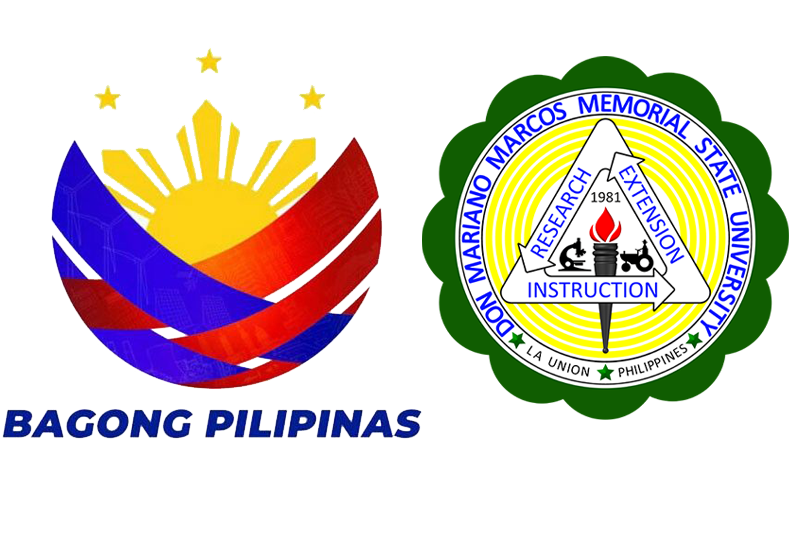The University Research Office (URO) conducted the 2025 Agency In-House Review of Research Proposals at the International Convention Center (ICC) of DMMMSU North La Union Campus, Bacnotan, La Union on June 10-11, 2025.
Researchers from the North La Union Campus (NLUC), the Mid La Union Campus (MLUC), the South La Union Campus (SLUC), and the Sericulture Research and Development Institute (SRDI) presented their research proposals across eight thematic categories.
In her opening remarks, Dr. Aisha N. Sevilleja, Dean of the College of Arts and Sciences, emphasized the importance of the event as the foundation for all research endeavors of the University.
Dr. Angelina T. Gonzales, Vice President for Research, Development, and Innovation, delivered an inspiring message that drew from Neil Armstrong’s iconic words: “One small step for man, one giant leap for mankind.” She likened the University’s researchers to modern-day explorers charting not the stars, but the boundless frontiers of knowledge. With warmth and conviction, she encouraged them to stay committed to innovation, inquiry, and the meaningful impact their work can bring to society.
To ensure a rigorous and insightful review process, Mr. Keneth G. Bayani, Director for Research, introduced the evaluators, each an expert in their respective fields. Invited from institutions outside the University, these professionals were tasked with providing objective and constructive feedback on each research proposal. For the Agriculture, Aquatic, and Natural Resources cluster, Dr. Edwin C. Atabay of the DA -Philippine Carabao Center (DA-PCC) and Dr. Maria Nilda M. Muñoz of the University of Perpetual Help System Laguna (UPHSL) served as evaluators. Engr. Armando Q. Ganal, former Regional Director of DOST Region 1, assessed proposals under Industrial Technology, Agriculture, and Biosystems Engineering. Meanwhile, Dr. Jerome C. Orate from the Provincial Planning and Development Office of La Union and Dr. Leizel L. Licayan, GAD Specialist III of the City of San Fernando, La Union, evaluated submissions in the Governance and Gender and Development clusters.
Mr. Bayani also introduced the other expert evaluators and ethics reviewers from within the University. He also outlined the mechanics for presentation and the criteria for evaluation.
A total of 185 research studies were presented across the different categories: 38 proposals on Agriculture, Aquatic and Natural Resources; 16 proposals on Industrial Technology, Agriculture and Biosystems Engineering; 81 proposals on Education; 6 proposals on Health, Food, and Nutrition; 6 proposals on Information and Communications Technology; 26 proposals on Economics and Social Studies; 5 proposals on Gender and Development; and 7 proposals on Governance. (By Carl Justin B. Arciaga)


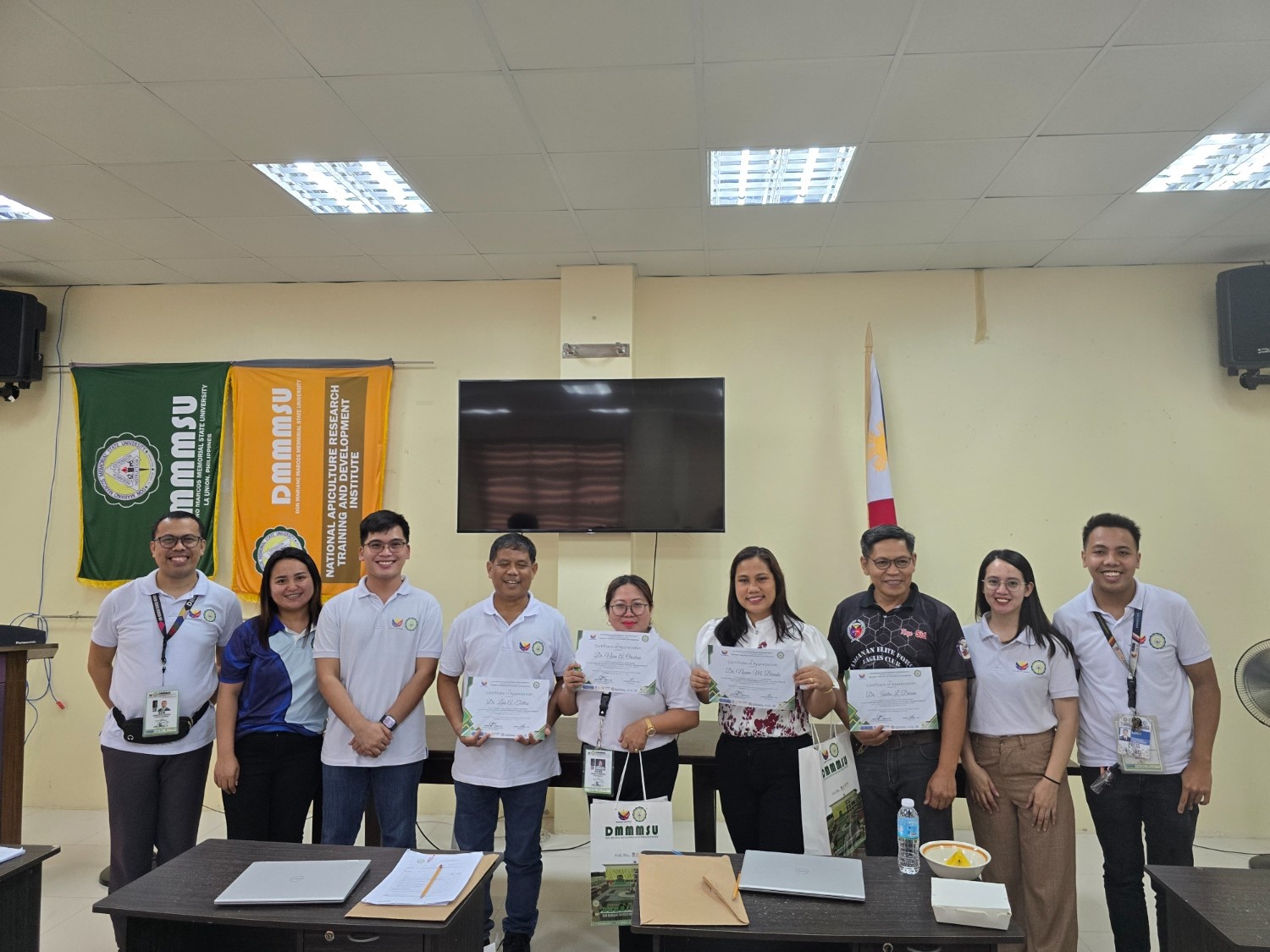
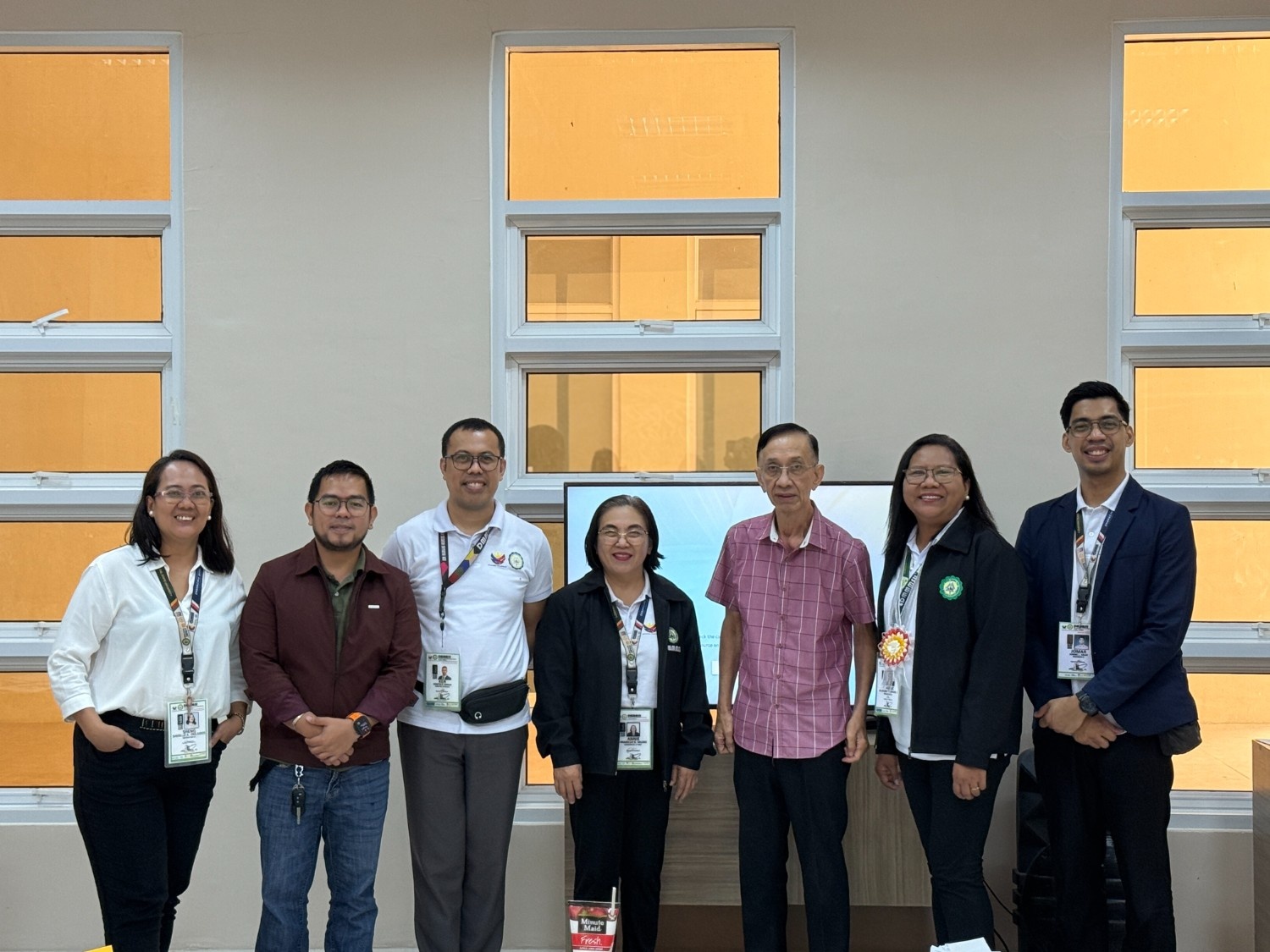

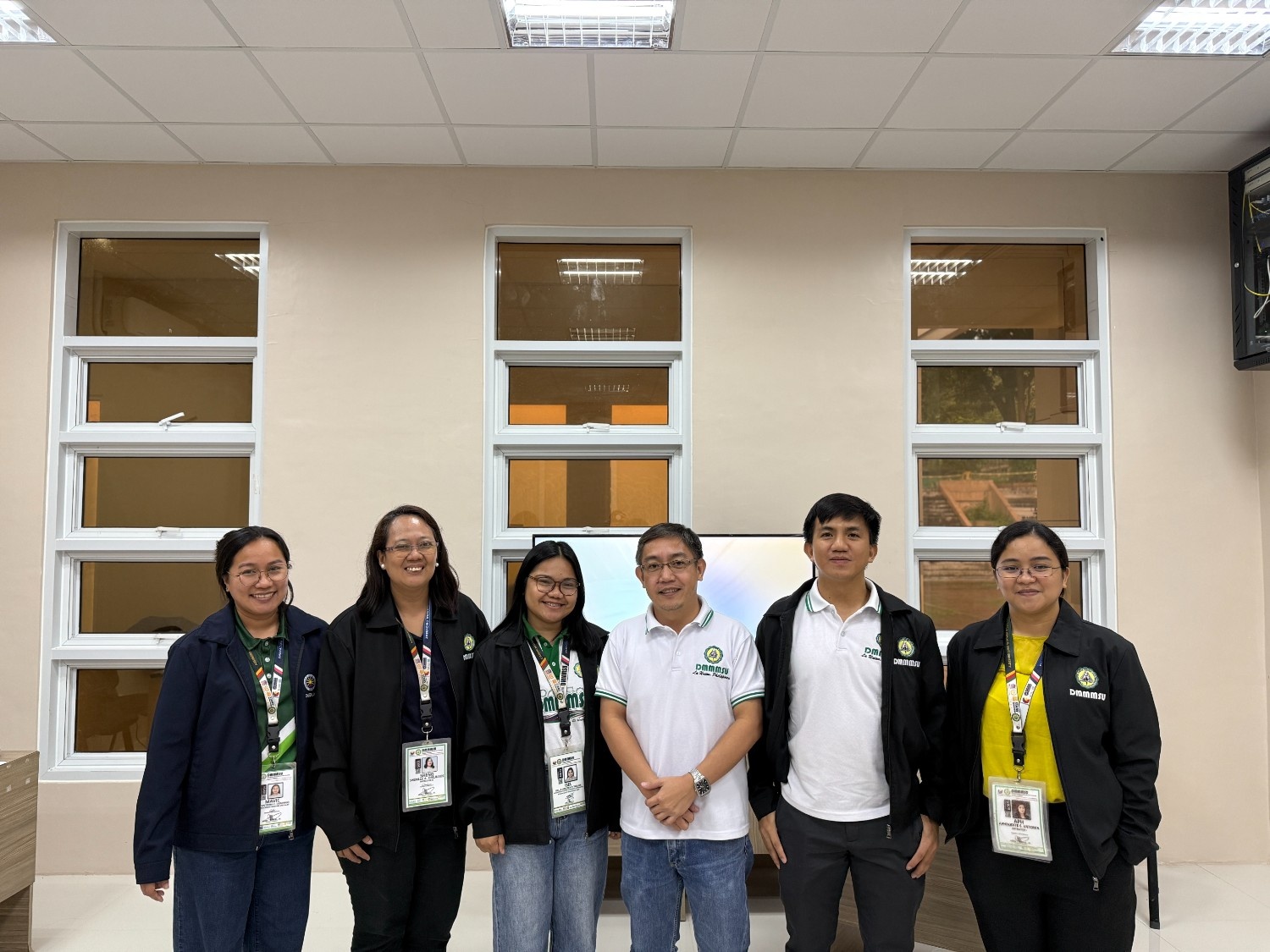

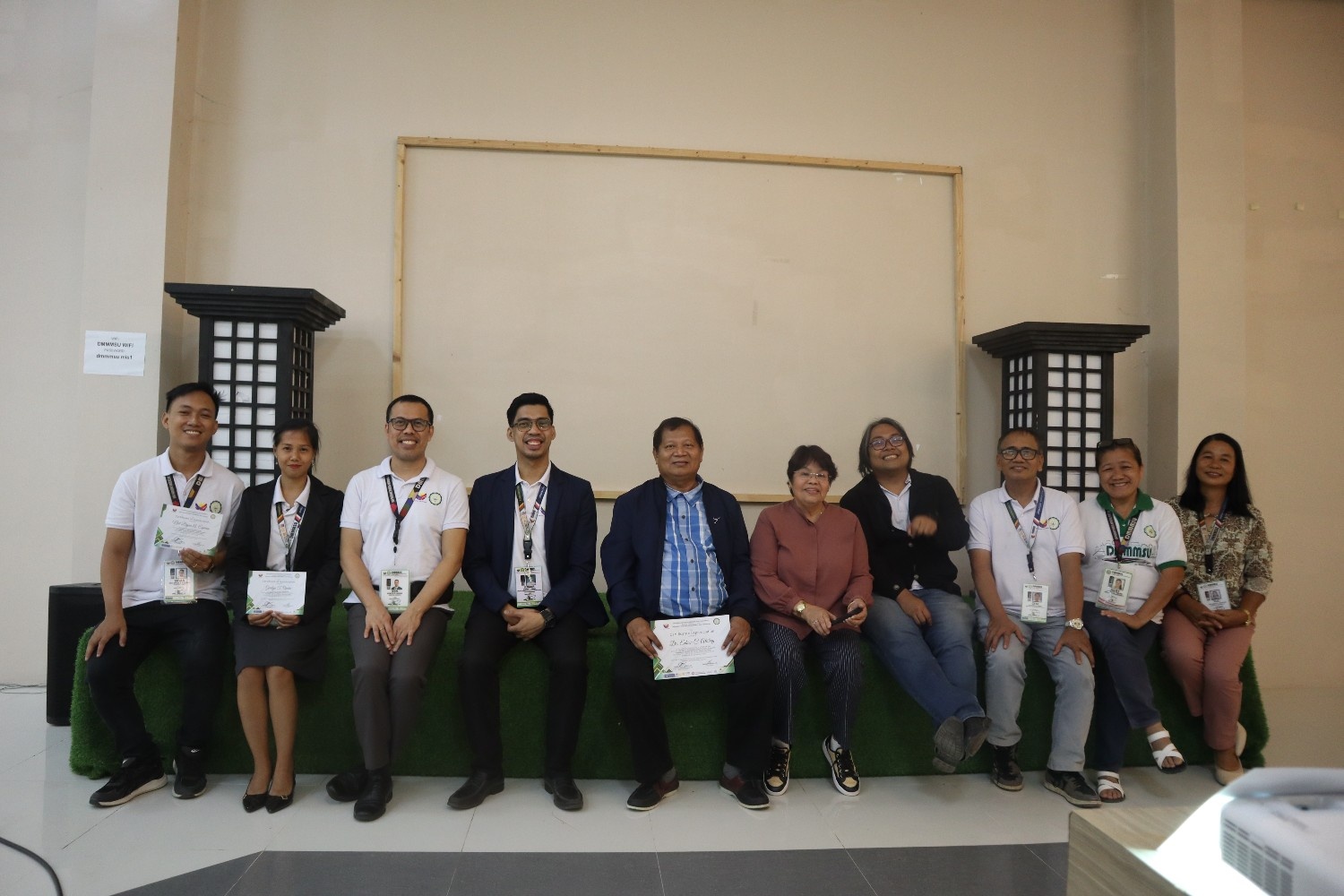

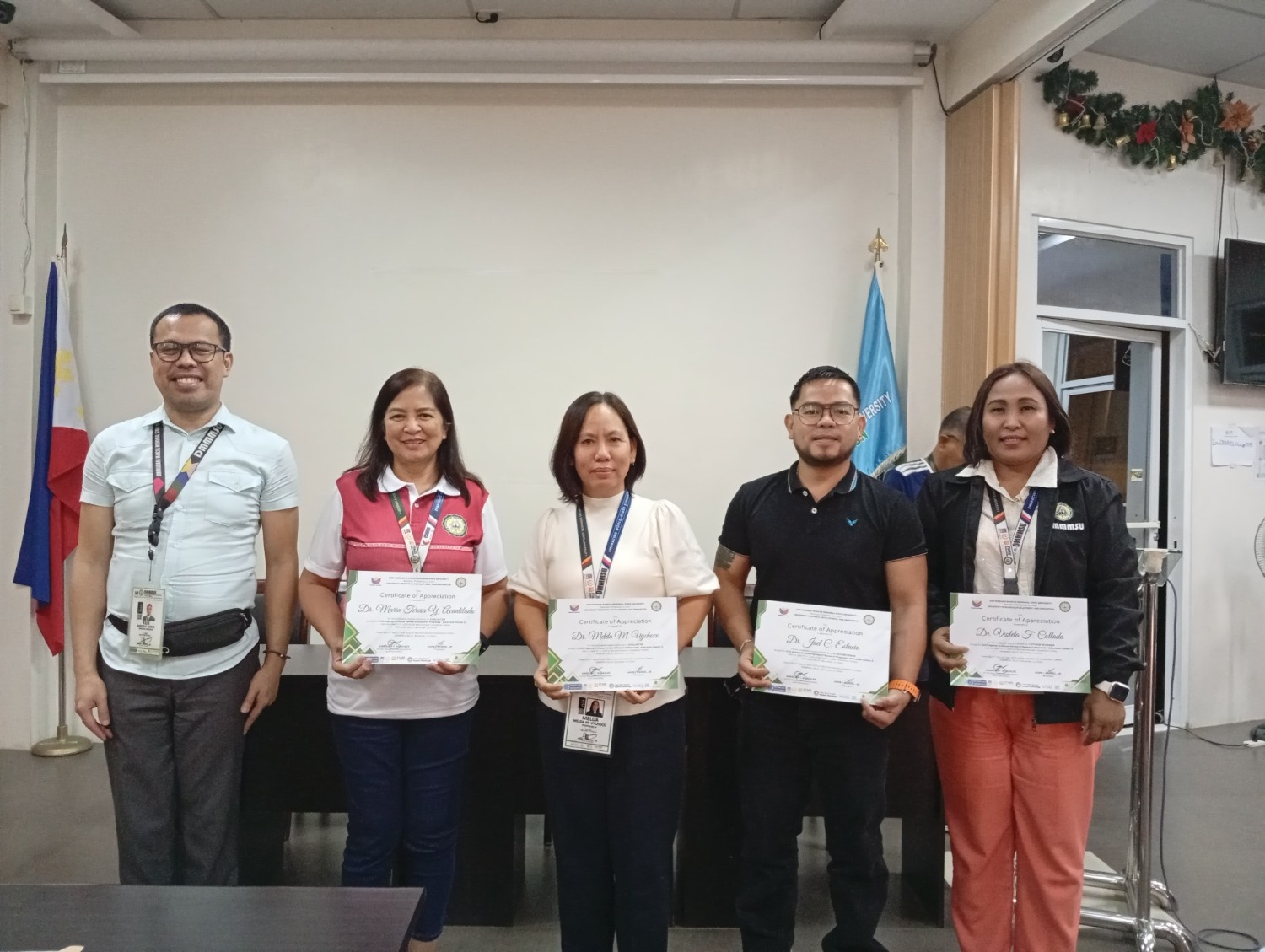
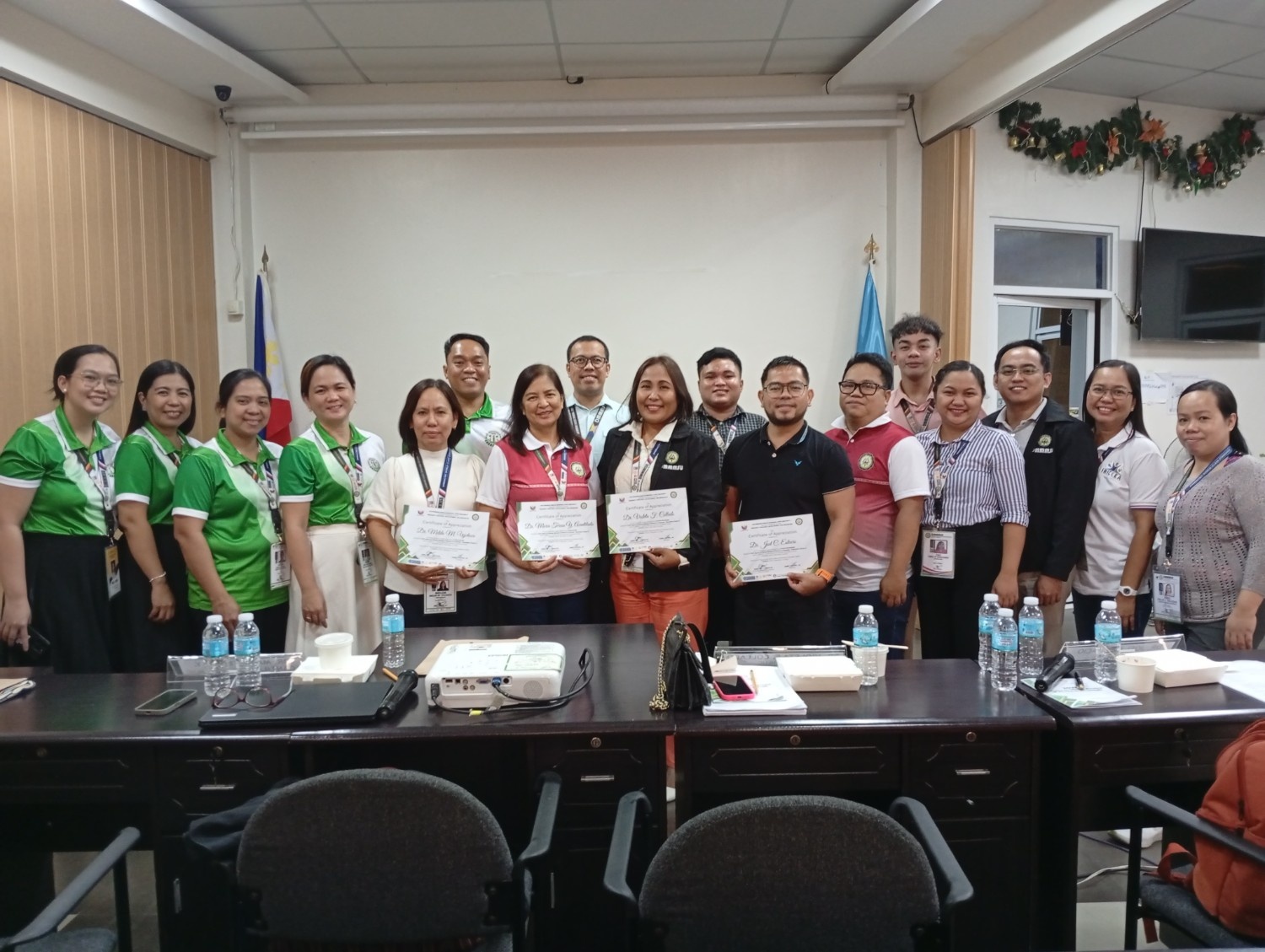

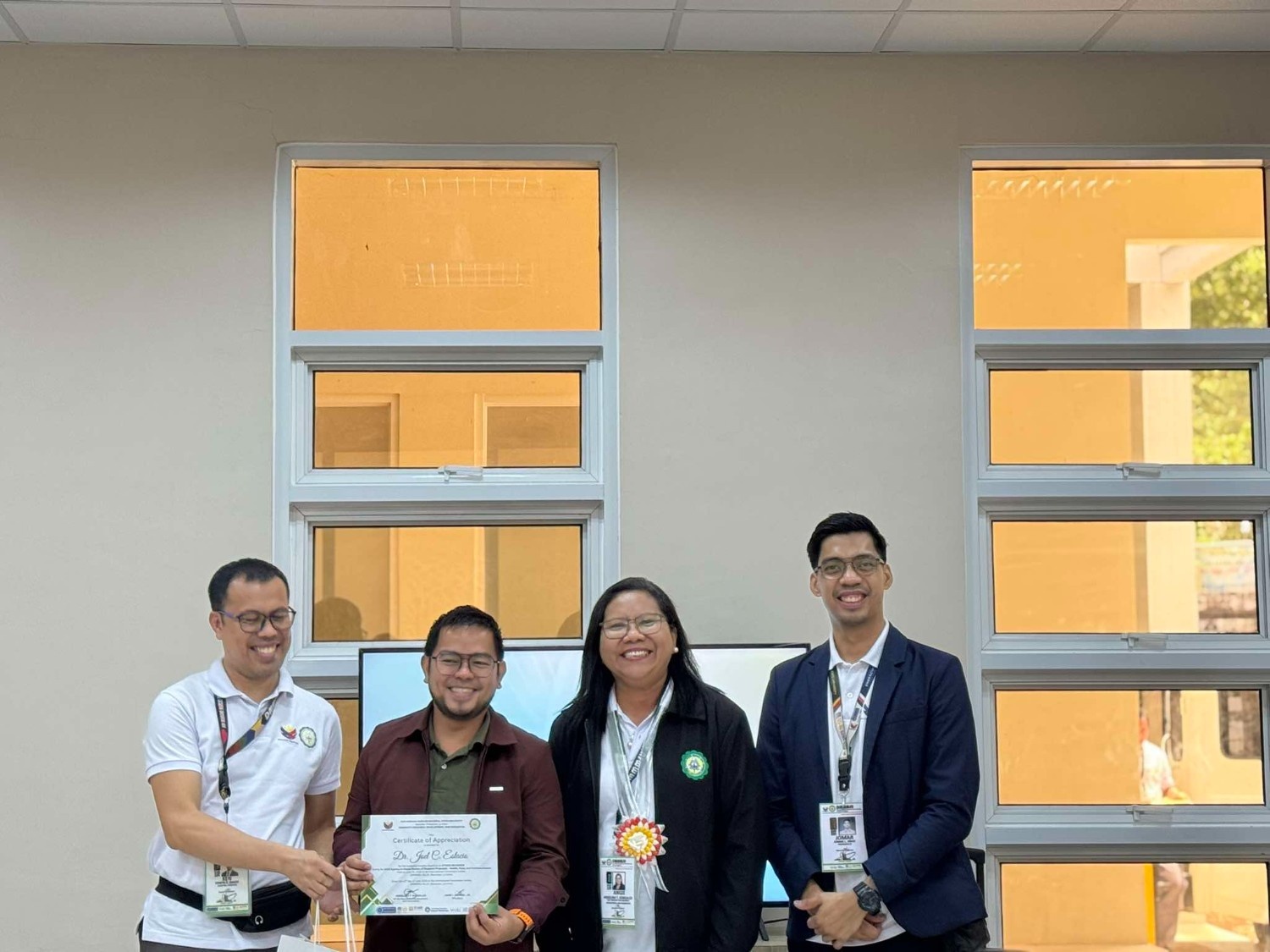
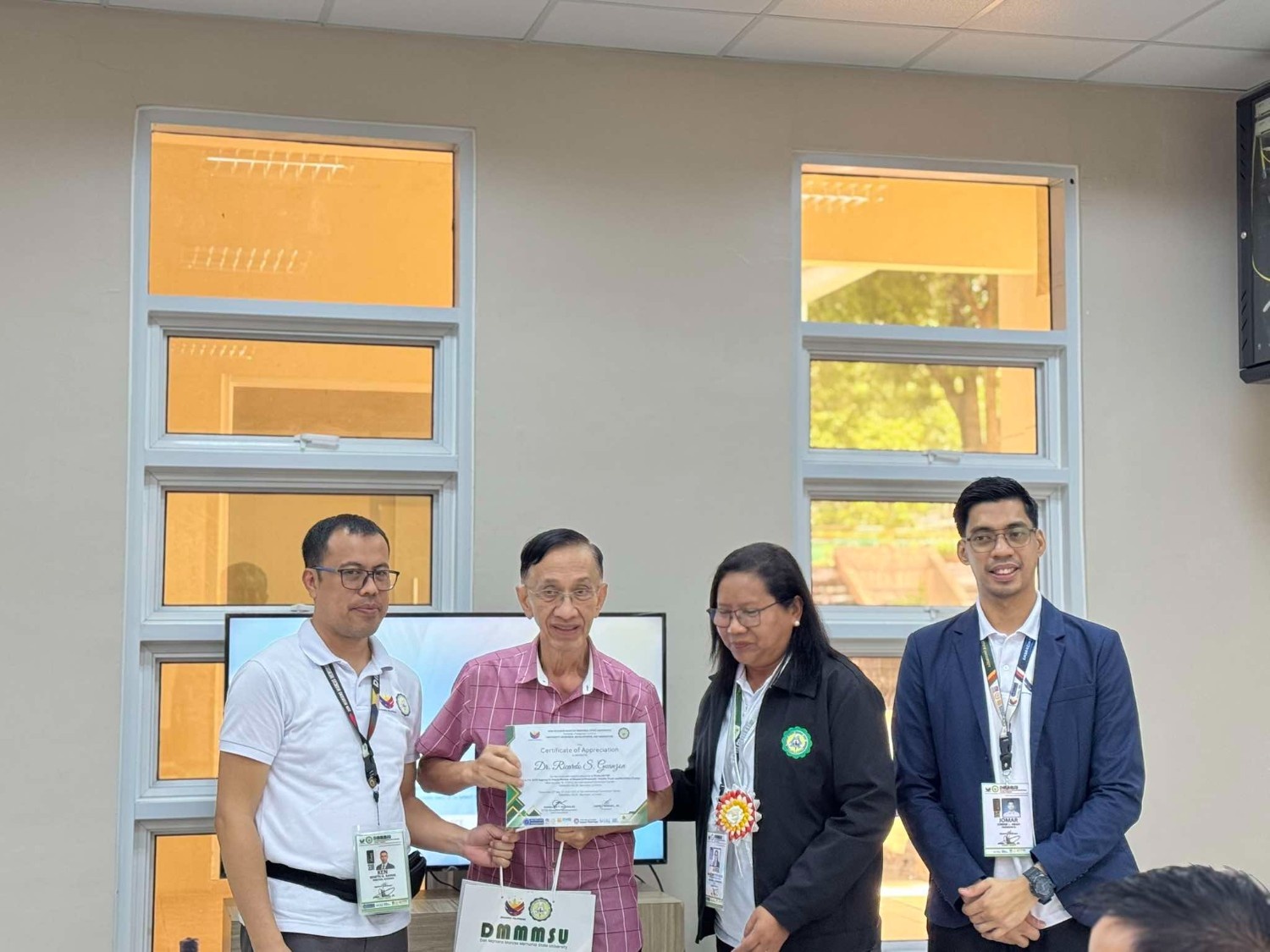
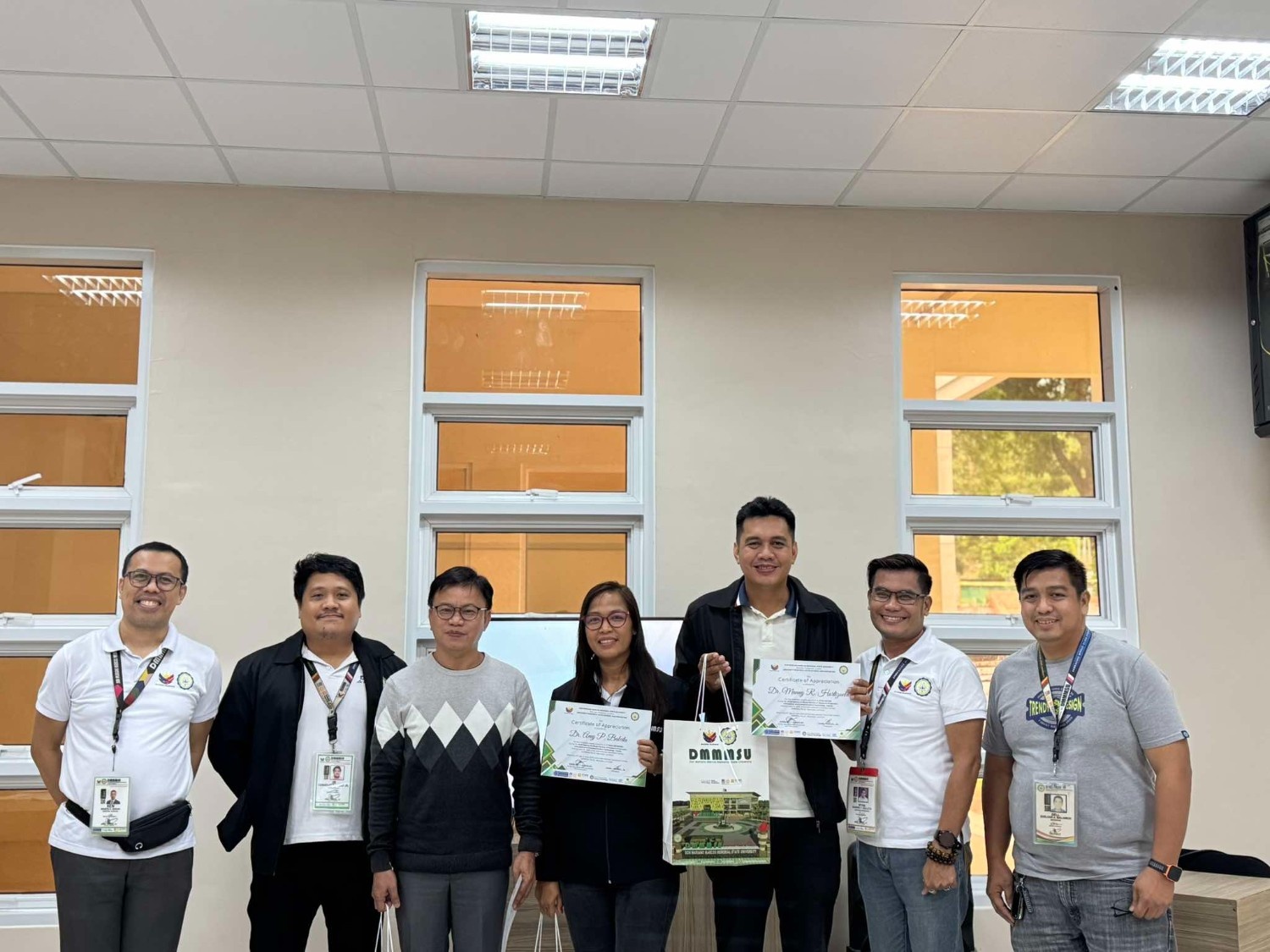


Photo Credits: Bernardita E. Arbollente, Neil Bryan A. Esperon, Cyntarah Zandy B. Advincula, Anna Bianca S. Sanchez, Dianne A. Aquino, Frejie S. Pacudan, Edna S. Aloot, Maria Cecilia V. Foronda, Rainier Noah B. Madriaga, Aniza C. Gadaza, Marylen D. Rodriguez
